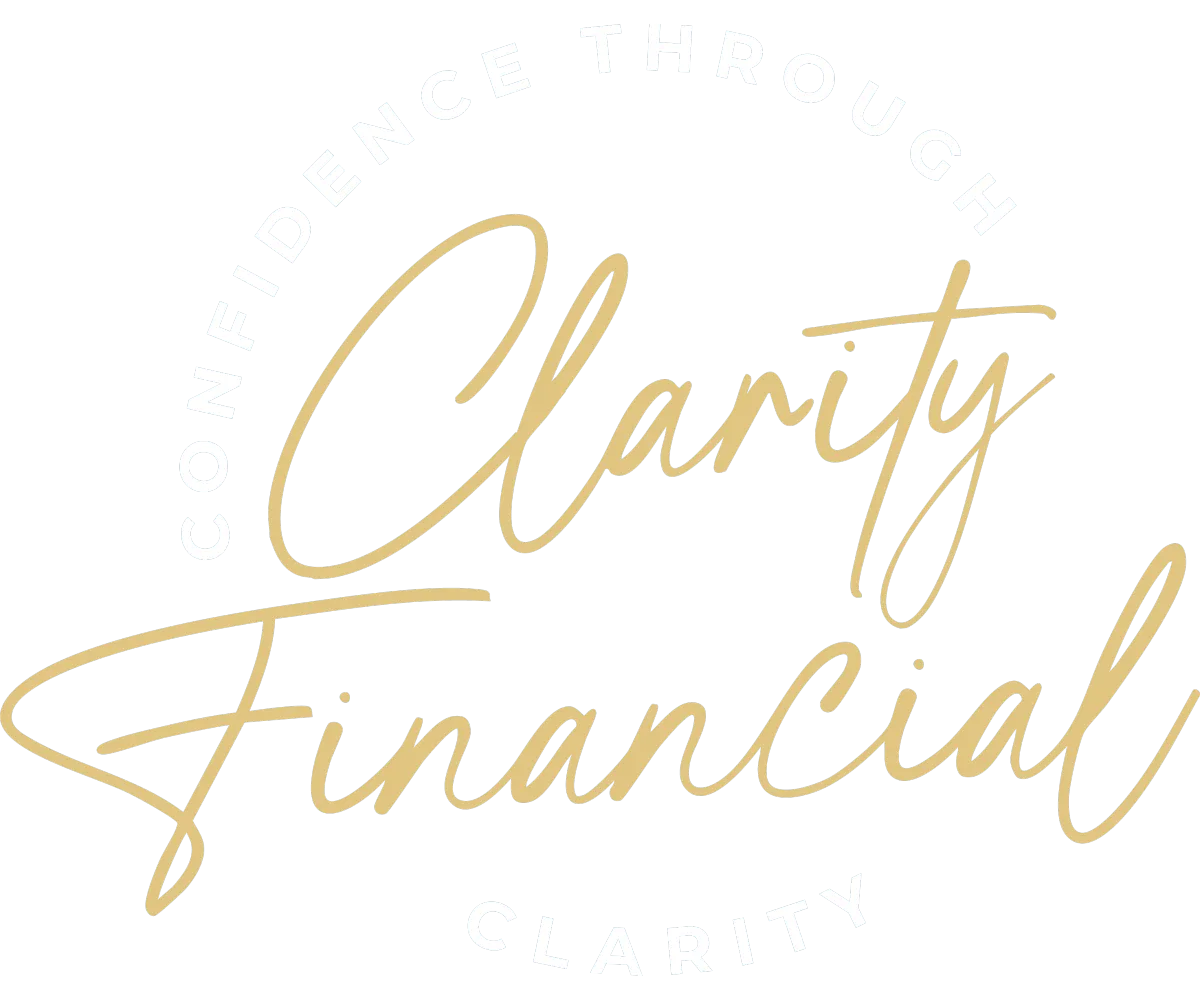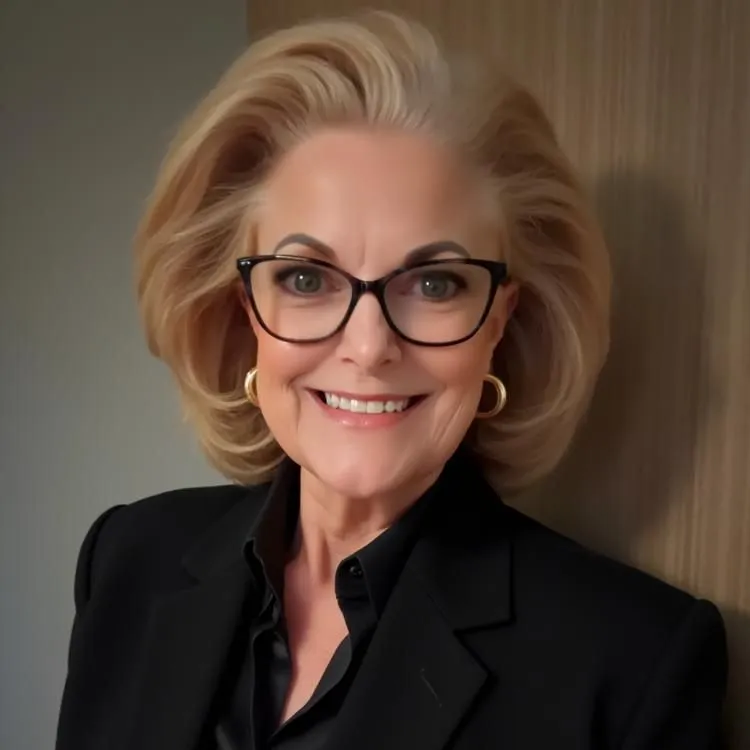
Is a “Retirement Gap Year” Right for You?
Retirement is often pictured as one moment—closing the office door, no more commutes, and finally, full freedom. But in reality, it’s a big transition: shifting identity, routines, finances, and purpose. That’s why more people are considering a “retirement gap year” — a deliberate, in-between phase between full-time work and full retirement.
At Clarity Financial, we believe retirement planning isn't just about when to stop working—it’s about how to transition. A gap year can offer the space to do this thoughtfully, avoid common pitfalls, and design the life you want.
What Is a “Retirement Gap Year”?
A retirement gap year is a planned pause before fully retiring. It might mean:
moving to part-time work, consulting, or doing freelance/contract work
volunteering or pursuing a passion project
traveling, relocating, or doing something you've postponed for years
simply taking time to rest, reflect, and recalibrate
It’s different than stepping into retirement abruptly; it gives breathing room to adjust, evaluate, and decide what's next.

Why You Might Benefit from One
Here are several reasons a gap year could be a smart part of your retirement plan:
Easing the identity shift.
After decades of work, stepping away completely can leave a void—of structure, daily goals, and even social connection. A gap year can help you transition gradually, maintaining parts of your identity while exploring new ones.Testing lifestyle and expenses in “real time.”
It’s one thing to plan from spreadsheets; it’s another to see what your actual cost of living looks like without a regular paycheck. During a gap year, you can see what expenses drop, what rises, and where you might want to adjust—before committing fully.Exploring what truly matters.
Hobbies, travel, volunteer work, new learning—when freed from full-time work, you might discover passions or priorities you didn’t have time for before. A gap year gives you the space to experiment.Aligning your finances more precisely.
You’ll better understand cash flow, savings depletion, investments, taxes, Social Security timing, and whatever benefits apply. It’s easier to make adjustments earlier rather than after committing to full retirement.Protecting your well-being.
Sudden change can be stressful. A gap year helps reduce burnout, prevent feeling unmoored, and gives mental space to design your next chapter rather than rushing into something that doesn’t fit.
Risks & Challenges to Consider
A gap year isn’t right for everyone. Here are some common challenges and questions to ask:
Financial readiness. Do you have enough saved? Can you afford slower income, or possibly no income, while still covering living costs and unexpected events?
Health care & insurance. If you currently receive benefits through work, a gap year may mean finding and funding alternatives.
Emotional/lifestyle change. Less structure can be liberating—but also disorienting. How will you stay engaged, maintain purpose, stay socially connected?
Longer retirement duration. Postponing full retirement may shorten the period over which your savings need to stretch—unless your spending shifts or other income sources change.
Timing and timing of benefits. Some retirement benefits or pension amounts change based on when you stop work. Social Security, for instance, may have implications based on total earnings and timing.

How to Plan a Retirement Gap Year Successfully
If you’re considering this path, here are steps to make sure you do it well — minimize risk, maximize benefit.
Do a trial run or partial version.
Start with sabbaticals, reduced hours, or freelancing before going all in. See what feels right.Map out your budget in detail.
Track real expenses in a “gap year mode” — housing, travel, hobbies, health, insurance, taxes. Build in buffer for surprises.Review all benefit schedules.
Look at pensions, employer retiree benefits, Social Security, Medicare, any deferred compensation—how a gap year might affect timing or eligibility.Set goals (financial, personal, well-being).
What do you want from the gap year? More freedom? Travel? Time with family? Learning? Plan intentionally, with both short-term and longer-term priorities.Establish structure or flexible rhythm.
Without work’s daily structure, creating your own rhythm—volunteering, consulting, hobby projects, fitness, social groups—can help maintain purpose and satisfaction.Build in check-ins.
At key intervals (3 months, 6 months, one year) review how you’re doing: financially, emotionally, goals. Be willing to adjust course.Work with a financial planner.
Get clarity on how a gap year impacts your long-term plan: withdrawal rates, investment risk, tax implications, estate planning. Caroline Raker (Clarity Financial) can help you model multiple scenarios, see tradeoffs, and design flexibility.
Is a Gap Year for You? Key Questions to Ask
What do you want day-to-day life to look like in retirement (or semi-retirement)?
What parts of your career do you miss (structure, identity, social contact)?
How much flexibility do you have (financial, health, family)?
What are your non-negotiables (travel, health care, location, giving back)?
How long do you expect the transition to take—and when do you want full retirement?
Conclusion
A “retirement gap year” isn’t about delaying retirement—it’s about making the transition with intention. It gives you greater control over finances, psychology, purpose, and lifestyle.
If retirement is on your horizon—or even just starting to feel close—it’s worth exploring whether a gap year might align better with your dreams and goals, rather than rushing into something permanent without reflection.
Call to Action
Ready to explore whether a retirement gap year makes sense for you? Work with Clarity Financial to:
run financial scenario projections
evaluate income, expenses, and benefit timing
plan your non-financial priorities (travel, rest, purpose)
build a transition roadmap
Reach out to Caroline Raker / Clarity Financial for a personalized consultation. Let’s design a retirement transition that’s confident, purpose-driven, and aligned with what matters most to you.
Disclaimer
This content is for general educational purposes only and is not intended as financial, investment, or legal advice.
Caroline Raker is a licensed insurance agent, a Certified Registered Social Security Analyst, and an ERISA specialist. She is not a licensed financial advisor or CFP®. Individual retirement plans and employer benefits vary. Employers and individuals should consult appropriately licensed professionals or regulatory authorities for guidance specific to their situation.




